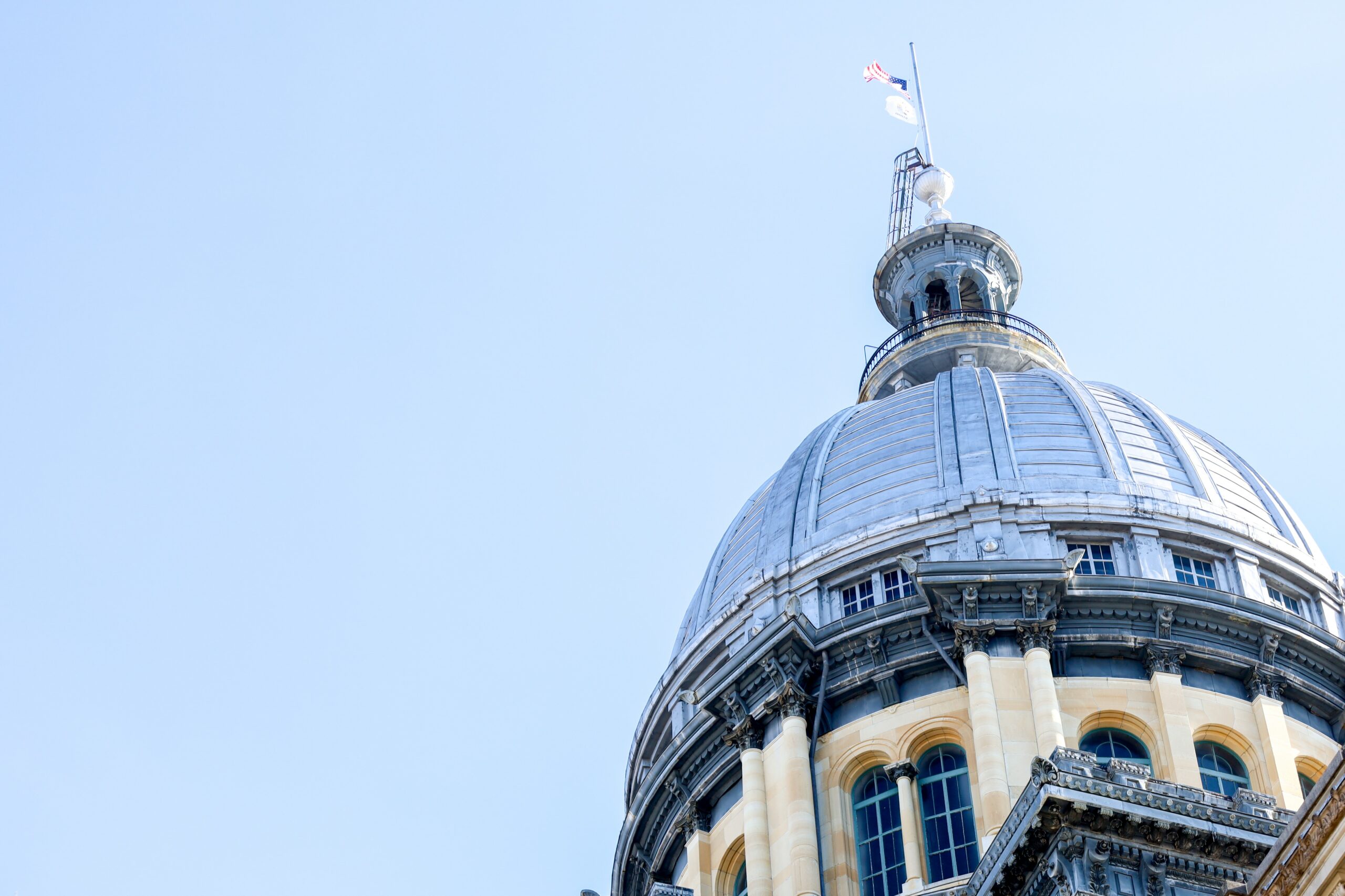Illinois Legislative News: August 19, 2024
Third Reading Consulting Group
Democratic National Convention Preview
The Democratic National Convention (DNC) take place from Monday, August 19 to Thursday, August 22 in Chicago. Delegates from all 50 states, Washington, D.C., and U.S. territories will convene at Chicago’s United Center for nighttime programming and McCormick Place Convention Center for daytime programming to hear Democratic Party leaders speak and outline their plans for the November 5 election. Chicago expects to welcome around 50,000 total visitors to the city for the DNC, including 15,000 members of the media. National conventions are typically used to formally nominate a party’s candidate for president. However, due to uncertaintyregarding the ballot deadline in Ohio, Vice President Kamala Harris was officially nominated through a virtual roll call on August 6. Harris and her vice-presidential nominee, Minnesota Gov. Tim Walz, will ceremonially accept the Democratic Party nomination during the Convention.
Heightened security measures will see increased police presence and road and pedestrian closures around both the United Center and McCormick Place beginning as soon as Saturday, August 17. Increased traffic is also expected on thoroughfares to the Convention venues as well as highways around the city. As such, the City of Chicago is recommending public transportation as a viable alternative to driving. Chicago’s transit authorities have promised increased service to meet expected demand.
While Walz and Harris are expected to speak on Wednesday and Thursday, respectively, President Joe Biden, Gov. J.B. Pritzker, former Presidents Barack Obama and Bill Clinton, and former Secretary of State and 2016 Democratic presidential nominee Hillary Clinton have also reportedly been confirmed as speakers. Actress Julia Louis-Dreyfus, known for her roles on Veep and Seinfeld, will also host a panel with Democratic Women Governors including Gov. Katie Hobbs, Gov. Gretchen Whitmer, and Gov. Kathy Hochul. Nearly all high-profile Democrat officeholders will be in attendance along with celebrities supporting the Party’s efforts to promote itsplatform.
DCEO Announces Five-Year Economic Growth Plan
On Monday, August 12, Gov. J.B. Pritzker and the Illinois Department of Commerce and Economic Opportunity (DCEO) unveiled Illinois’ 2024 Economic Growth Plan, a five-year framework to guide the state’s economic development priorities. The plan was developed after a year of research and nearly 30 stakeholder workshops, in conjunction with public and private partners within and outside of Illinois. The Economic Growth Plan highlights four primary goals: (1) focusing on high growth sectors and continuing overall business climate improvements; (2) advancing comprehensive economic development efforts for business growth and attraction; (3) promoting equitable growth by empowering workers, entrepreneurs, and communities; and (4) building out the new clean energy economy.
To achieve the first goal of focusing on high growth sectors, the framework specially highlights six priority areas: (1) life sciences; (2) quantum computing, AI, and microelectronics; (3) clean energy production and manufacturing; (4) advanced manufacturing; (5) next generation agriculture and agricultural technology; and (6) transportation, distribution, and logistics. These top priority sectors will be stimulated via targeted marketing, hiring sector specialists, increased capital investment, and developing sector-specific job training and curricula in partnership with workforce professionals, according to the growth plan.
DCEO aims to achieve the second objective of advancing economic development for business growth and attraction by providing increased assistance and resources to firms looking to relocate to Illinois. This increased assistance will primarily focus on site readiness, workforce development, increasing coordination incentives, and promoting vibrant R&D.
The third goal of promoting equitable growth will be achieved by increasing access to workforce education, amplifying capital opportunities, and optimizing grant and loan processes to ensure equal access to workers, communities, and entrepreneurs statewide.
The fourth and final goal of building out Illinois’ clean energy economy will continue the targets and goals established under the Climate and Equitable Jobs Act (CEJA), leverage federal funding to accelerate the deployment of carbon free technology, and attract clean energy job creators to the state’s economy.
The Economic Growth Plan will leverage Illinois’ strategic economic advantages, such as being home to the City of Chicago, its strategic location in the middle of the country, access to fresh water, fertile farmland, abundant clean energy, a talented workforce, and world-class research universities. Beyond this base, the five-year plan outlines several policies that will be implemented to achieve the plan’s four key objectives.
- Investing in a competitive slate of sites across Illinois.
- Creating additional Manufacturing Training Academies and building out the Fast Track Program to provide increased customized job training.
- Doubling the size of DCEO’s Regional Economic Development Team (Team RED).
- Identifying new sources of private capital.
- Providing more authority to regional development authorities (RDAs) to create noncontiguous Enterprise Zones.
- Establishing an Advanced Manufacturing Tax Credit and extending the R&D Tax Credit.
- Aggressive marketing to the international business community to highlight Illinois’ potential as a location for investment.
- Further supporting the Illinois Innovation Network.
- Continuing the Innovation Voucher Program.
- Building a new Illinois Quantum and Microelectronics Park.
- Partnering with energy stakeholders through federal opportunities to stimulate the usage of carbon-free electricity and transportation infrastructure.
- Providing workforce development partners and small businesses in underserved communities the resources they need to be full participants in the clean energy economy.
DCEO also plans to formalize the process through which “Team Illinois” goes about courting new business developments. Team Illinois currently operates as an informal coalition of Illinois business groups and government officials lobbying companies to locate or expand in the state. Stakeholders include DCEO, Intersect Illinois, the Governor’s Office, various trade associations, and public utilities. Additionally, the plan aims to uplift Illinois’ underserved communities by coordinating existing educational and workforce development programs and curb the negative effects of disinvestment within those areas. DCEO is preparing to enact the necessary policy changes over the coming years to achieve the goals and ideas established in its five-year plan.
Important Upcoming Dates – Statewide
November 5 – 2024 General Election
November 12-14 – Veto Session Week 1
November 19-21 – Veto Session Week 2

